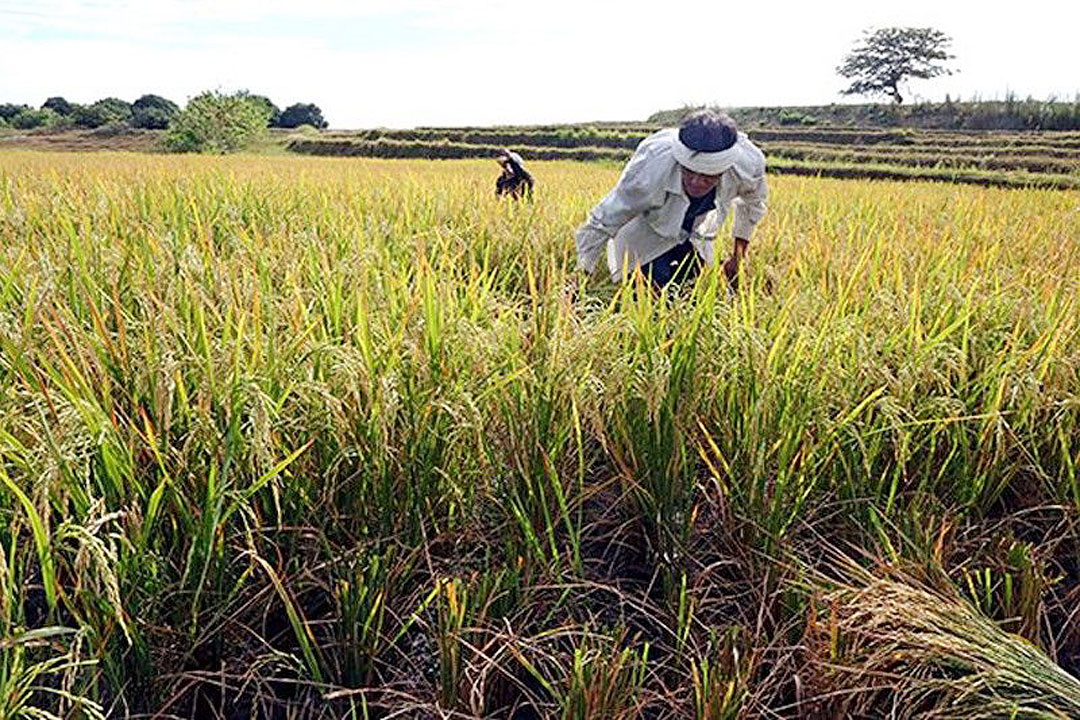
EMPLOYERS said increased engagement in the form of “social dialogue” between workers and management, with the possible involvement of the government, is needed to improve working conditions in the countryside.
“Social dialogue is not limited to negotiations or consultation. It also includes sharing of information,” Employers Confederation of the Philippines Director General Jose Roland A. Moya said at a virtual webinar earlier this week.
“It can be a tripartite process, wherein the actors are government representatives and employer’s and worker’s organizations. It can also include bipartite relations between trade unions and employer’s organizations to promote better living and working conditions and greater social justice,” he added.
Mr. Moya said that while tripartite engagement has been institutionalized, bipartite relations are less formalized and structured.
“Whether its tripartism, collective bargaining, labor-management or some other similar form of interaction, meaningful social dialogue is essential to enable employers and workers to… respond to competition, take advantage of opportunities, adapt to change and improve business performance.”
The International Labour Organization (ILO) has said that agriculture, fishing and mining are characterized by poverty and poor working conditions.
“It is usually linked with long working hours, low wages and other issues related to payment of wages, hazardous working environment, widespread informality, ambiguous employment relationships, non-standard forms of employment, among others,” the ILO said in a statement this week.
The ILO added that the government must promote responsible labor practices to achieve inclusive and sustainable business in the rural sectors.
“Globally, there is also a growing demand for businesses to ensure responsible business practices and due diligence within their supply or value chain. More and more countries are integrating labor provisions in trade policies and agreements, helping promote compliance to labor standards, including occupational safety and health (OSH) and gender equality,” Director of the ILO Country Office for the Philippines Khalid Hassan said. — Luisa Maria Jacinta C. Jocson



